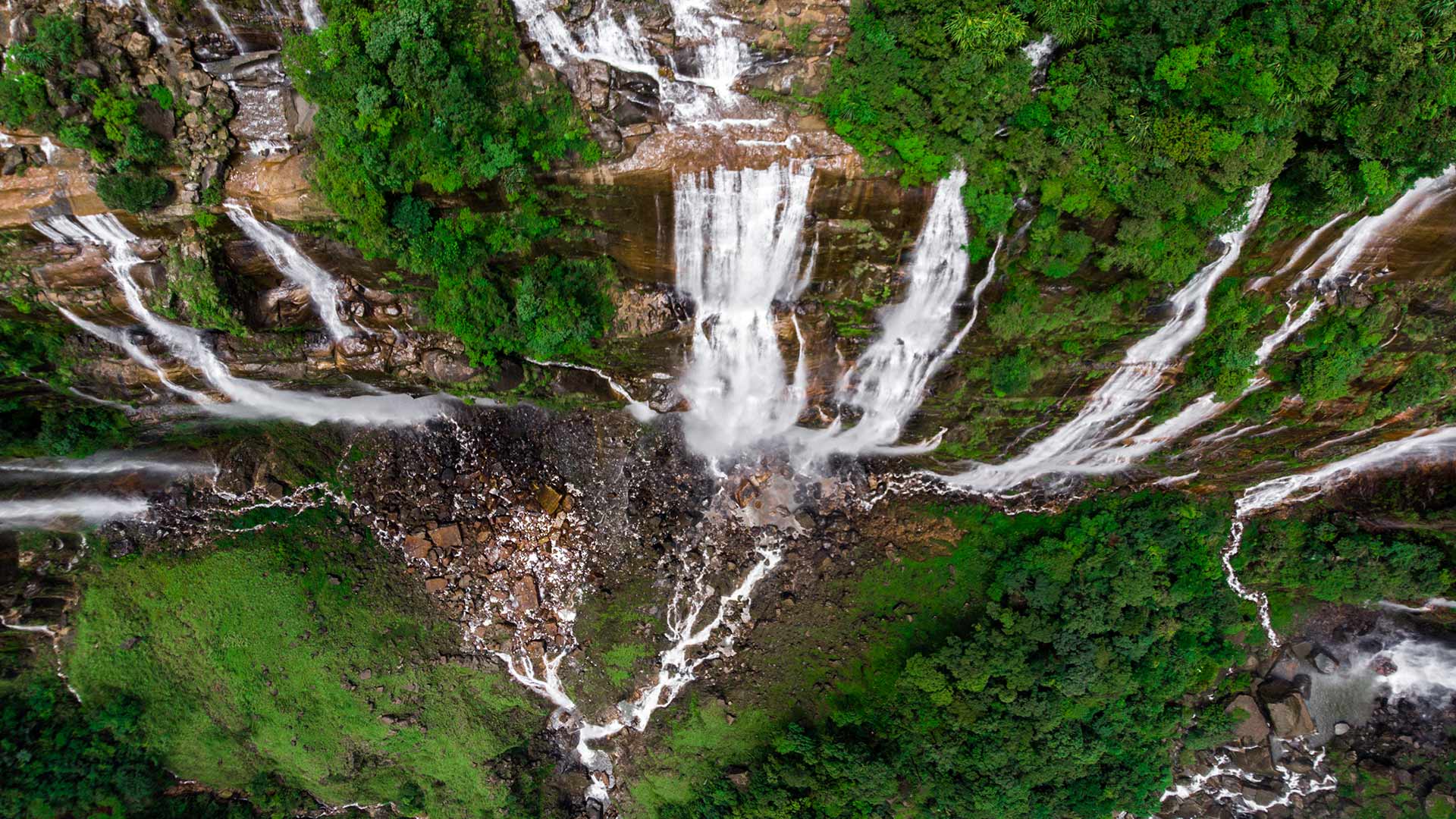Tanzania, like many other developing countries, faces a significant waste management challenge. The country’s rapidly growing population and urbanization have led to an increase in waste generation, putting a strain on existing disposal sites. In response to this issue, the Tanzanian government has invested in waste-to-energy solutions, including the construction of a waste incinerator. However, this approach has been met with both support and criticism, highlighting the ongoing debate surrounding the benefits and controversies of waste incineration.
The Benefits of Waste Incineration
Proponents of waste incineration argue that it offers several benefits for waste management and energy production. By burning solid waste at high temperatures, incinerators can significantly reduce the volume of waste, minimizing the need for landfill space. This can be particularly beneficial in urban areas where space is limited and landfills are reaching capacity.
Furthermore, the heat generated from waste incineration can be harnessed to produce electricity, providing a renewable energy source for the local community. In a country like Tanzania, where access to reliable electricity is limited, waste-to-energy technologies can help diversify the energy mix and improve energy security.
The Controversies of Waste Incineration
Despite the potential benefits, waste incineration has also been the subject of significant controversy. Critics argue that the process releases harmful pollutants and greenhouse gases into the atmosphere, posing risks to human health and the environment. In particular, the emission of dioxins, heavy metals, and other toxic substances from incinerators has raised concerns about air and soil contamination.
Additionally, incineration can be a costly and complex technology to implement, requiring careful monitoring and management to ensure safe operation. Inadequate infrastructure and enforcement of regulations in many developing countries raise questions about the feasibility and effectiveness of waste incineration as a sustainable waste management solution.
The Way Forward
As Tanzania continues to grapple with its waste management challenges, finding a balance between the benefits and controversies of waste incineration is crucial. It is essential for the government to prioritize sustainable waste management practices that minimize environmental impact and protect public health.
This could involve investing in advanced incineration technologies that reduce emissions and improve energy efficiency, as well as enhancing recycling and composting programs to reduce the reliance on incineration. Engaging with local communities and stakeholders to address concerns and ensure transparency in waste management decisions is also paramount.
In conclusion, the benefits and controversies of Tanzania’s waste incinerator highlight the complexities of addressing waste management in a developing country. By carefully weighing the pros and cons of waste-to-energy solutions and adopting a holistic approach to waste management, Tanzania can move towards a more sustainable and environmentally friendly future.








